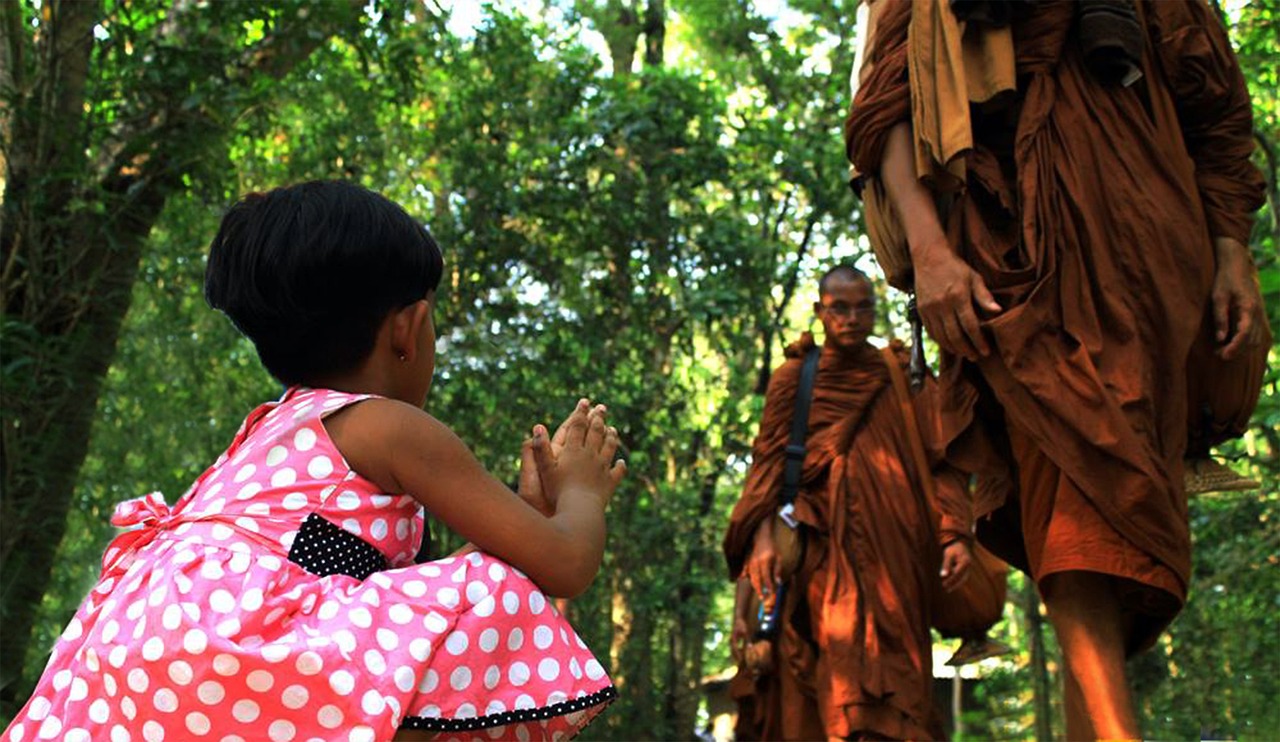Believe in Kamma: Hinduism, Buddhism, and Jainism
Religions that believe in Kamma The theory of kamma is a basic doctrine of these three religions: Hinduism, Buddhism and Jainism. They all believe that a person’s acts generate the power that leads to the round of rebirth and death which must be endured by the individual until the person attains Nibbana (in Pali) or … Read more
